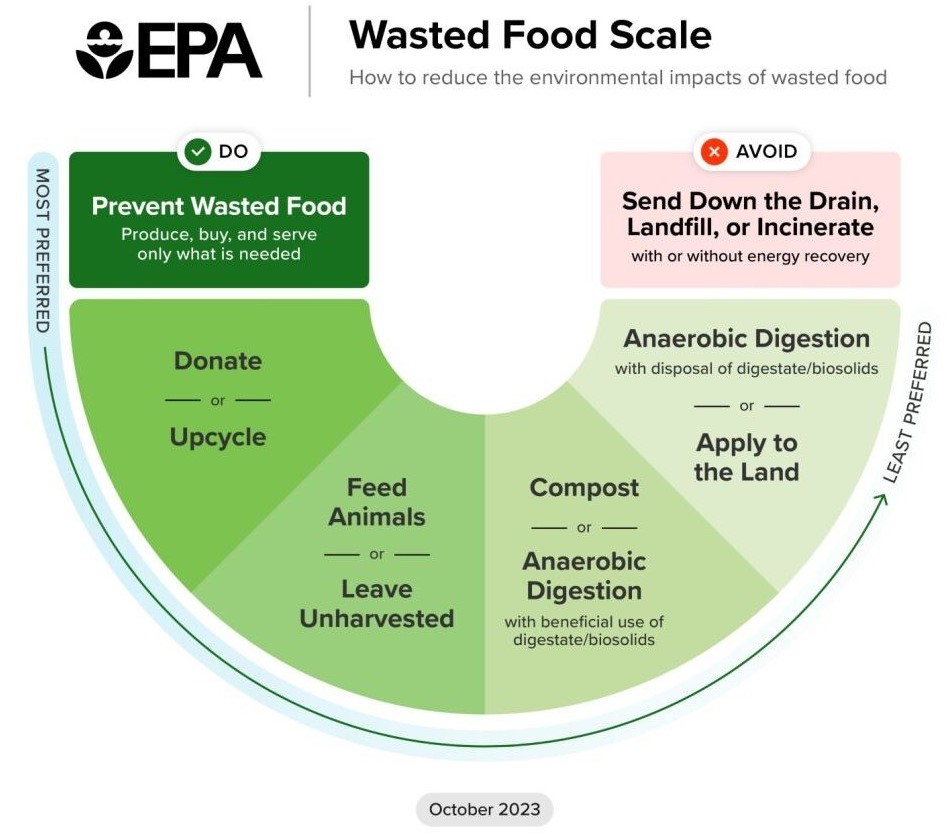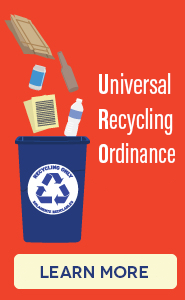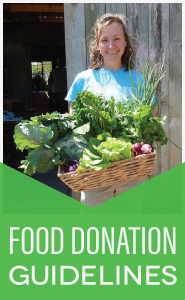.png)
Did you know that 1.24 million pounds of food are wasted every day in the Austin area? At the same time, 14.4% of people in Travis County experience food insecurity.
From composting to donating food, there are many ways to reduce food waste, but the impact of each method is not the same. The Environmental Protection Agency (EPA) created the Wasted Food Scale to help individuals and organizations make decisions for the greatest impact.
Learn more about how you can help feed hungry neighbors and support a greener Austin when you take steps to end food waste.
- For Individuals
-
The most important thing you can do to end food waste is to use the food you have. When you make a trip to the grocery store, plan ahead, shop smart, and purchase only what you and your household can eat.
To get more involved in reducing food waste in Austin:
- Learn more about the Austin-Travis County Food Policy Board and sign up for Austin Food Notes to receive updates on how to get involved in local food planning efforts
- Volunteer your time or talents to a local organization like Keep Austin Fed or the Central Texas Food Bank
- For Businesses
-
The City of Austin requires food-permitted businesses to provide their employees convenient access to waste-reduction options that keep organic material out of the landfill. Across the nation, companies receive limited liability for food donations under the Bill Emerson Good Samaritan Food Donation Act.
Explore Austin Resource Recovery’s information for businesses on how to prevent food waste by donating food to people, feeding animals, or composting.
Who will take food donations?
- Food pantries: Use findhelp.org to find a food pantry near you that accepts donations. Call ahead to make sure that the pantry can accept your donation and coordinate how and when it should be delivered or picked up.
- Food banks: Contact Central Texas Food Bank to schedule a donation.
- Food rescue programs: Programs like Keep Austin Fed may be able to help with donation logistics.
- Explore the EPA’s Wasted Food Scale
-

Attribution: Image taken from the EPA's Wasted Food Scale webpage.
Minimize Food Waste Using the Wasted Food Scale
The EPA's Wasted Food Scale outlines food waste pathways from most to least preferred. As you move through the scale, you'll find different ways to dispose of food waste, each having its own impact on our planet and the communities we live in. The best thing you can do to end food waste is to prevent it in the first place. Buy only what you need, shop more often to prevent spoilage, and use what you have before buying new items. If you can't prevent food waste, one of the next best options is food donation. When you donate food, it stays out of the landfill and meets its intended purpose: nourishing people!
Learn more about each food waste pathway at the EPA's webpage.
Downloads
Download detailed and simple versions of the Wasted Food Scale below:


